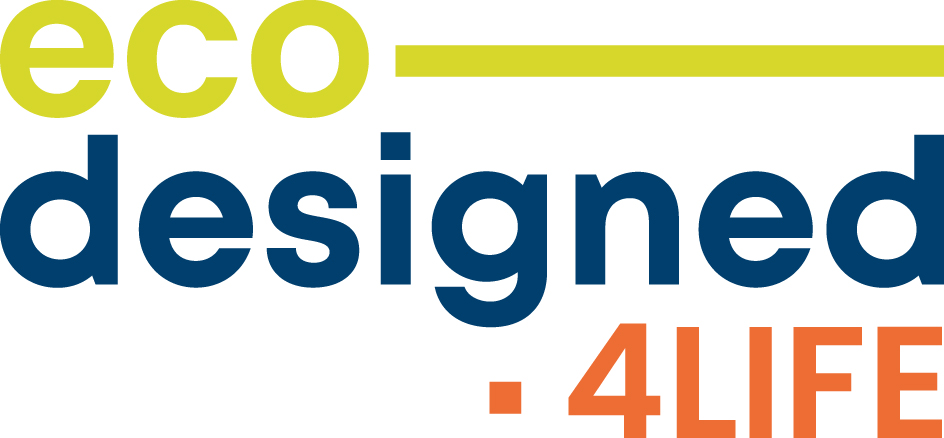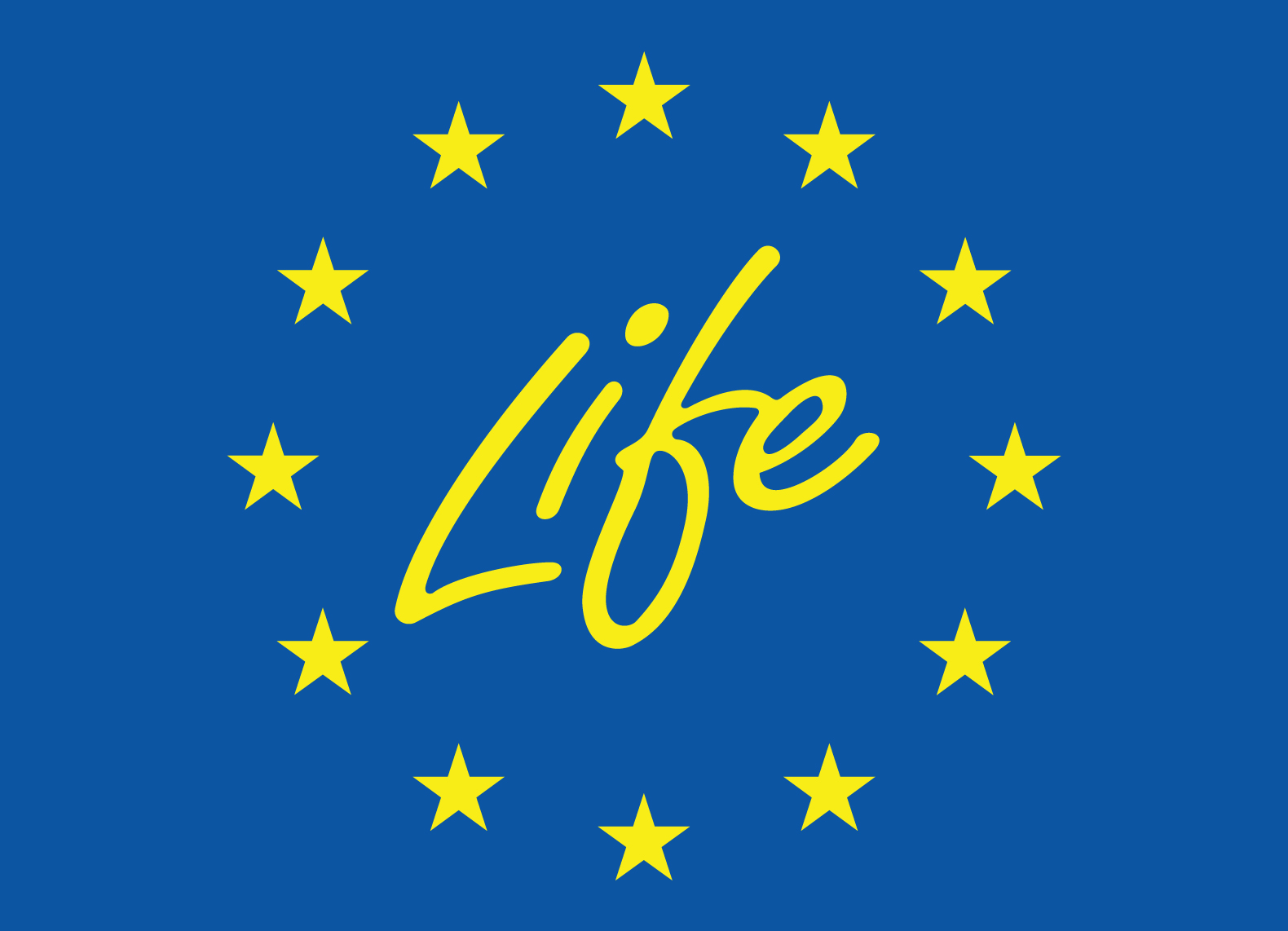
Sustainable products are central to consumers and the planet. Through influencing European legislation, civil society organisations can ensure that everyday products from computers to clothes will be more durable, repairable, recyclable or energy efficient by design and that consumers will have at hand relevant sustainability information.
Project’s aim and main activities:
Ecodesigned4LIFE is dedicated to promoting civil society's engagement in the preparatory process that will result in implementing measures and their reviews under the Ecodesign and Energy Labelling (ED and EL) legislation, tyre labelling as well as in the other EU legislative developments impacting ED and EL polices.
The core activities to reach these objectives include participating in the ED and EL relevant meetings, including but not limited to the Ecodesign and Energy Labelling Consultation Forum (EELCF). The Consortium will also deliver technical advice to the European Commission on the practical usage of products and the environmental and consumer interests to consider in legislative development. This input will primarily be provided through the EELCF and various stakeholder and public consultation processes. Furthermore, the Consortium will forefront initiatives to raise awareness and enhance the capabilities of national consumer and environmental representatives, aiming to increase civil society participation in developments related to Ecodesign and Energy Labelling (ED and EL) policies.
Link to the Project webpage: www.ecodesigned4life.eu.
Deliverables:
Ecodesigned4LIFE: Report on synergies for horizontal policy developments
BEUC and ANEC comments following the Consultation Forum meeting on Computers (1 October 2024)
Project partners:
The Consortium consists of three project partners – the European consumer voice in standardisation (ANEC), the European Consumer Organisation (BEUC), and the Environmental Coalition on Standards (ECOS). Each organisation is an acknowledged member of the EELCF, assisting the European Commission with the development and review of ED and EL regulations. By regularly consulting with its members and external experts, as well as engaging with broader stakeholders in the Ecodesign community, the Consortium will pinpoint issues of consumer and environmental importance and convert these into suitable policy recommendations for the European Commission.
ANEC
ANEC is the European consumer voice in standardisation. We represent the European consumer interest in the creation of technical standards, especially those developed to support the implementation of European laws and public policies. ANEC’s mission is to raise standards for European consumers through the work of our members, experts, and Secretariat, to achieve optimal levels of consumer protection, welfare, and sustainability. ANEC is open to representation of 34 national consumer organisations from the European Union Member States and three EFTA countries (Iceland, Norway, and Switzerland), as well as three candidate accession countries to the EU (North Macedonia, Serbia, Turkey) and the United Kingdom.
Read more about ANEC on ANEC website (http://www.anec.eu) and about ANEC activities on Ecodesign and energy labelling (https://www.anec.eu/priorities/energy).
BEUC
BEUC (Bureau Européen des Unions de Consommateurs) is the umbrella group for 45 independent consumer organisations from 31 countries. BEUC’s main role is to represent them to the EU institutions and defend the interests of European consumers. Their daily work involves making sure the EU takes policy decisions that improve the lives of consumers. This covers a range of topics including competition, consumer rights, digital rights, energy, redress and enforcement, financial services, food, health, safety, sustainability and trade policy.
Read more: https://www.beuc.eu/.
ECOS
ECOS – Environmental Coalition on Standards, is an international NGO with a network of members and experts advocating for environmentally friendly technical standards, policies, and laws. They ensure the environmental voice is heard when they are developed and drive change by providing expertise to policymakers and industry players, leading to the implementation of strong environmental principles – at international, regional, and national levels.
Read more: https://ecostandard.org/.


Co-funded by the European Union’s LIFE programme under the grant agreement No. 101146882. Views and opinions expressed are however those of the author(s) only and do not necessarily reflect those of the European Union or the European Climate Infrastructure and Environment Executive Agency (CINEA). Neither the European Union nor the granting authority can be held responsible for them.


